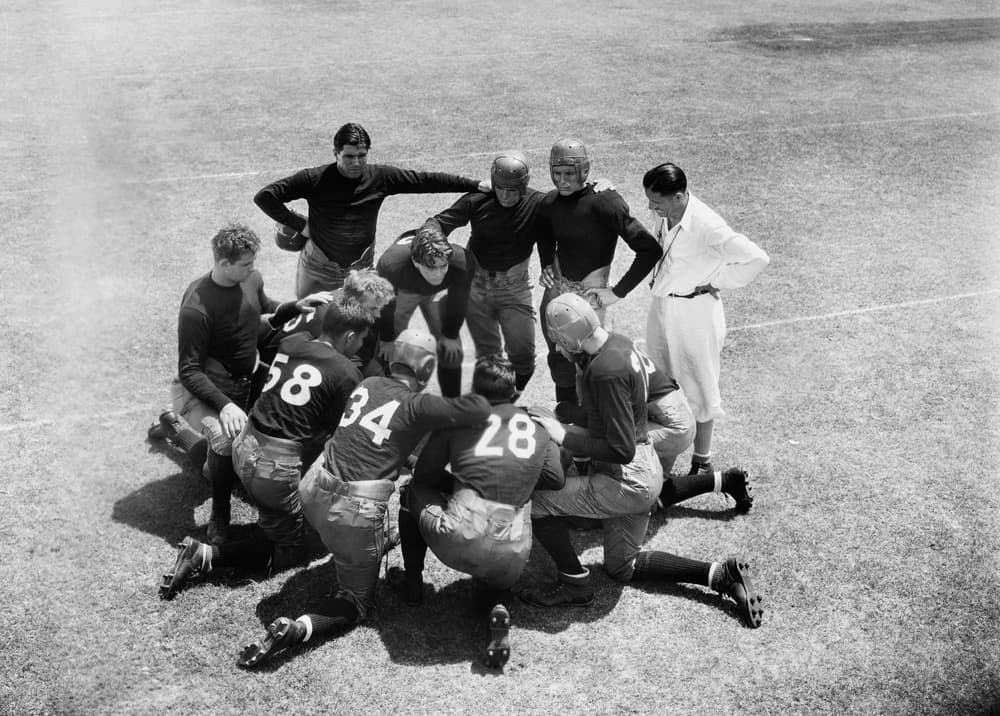Workers compensation claim adjusters handle a loss from initial reporting through final disposition. The cost of each claim cost has a direct financial impact on the employer. This makes it imperative that proper claim disposition reaches the most cost effective level possible. The adjuster must accomplish this despite statutory time constraints, state compensation department interface, maintaining employee control, reporting to the employer, controlling medical and disability benefits, filing required claim forms, controlling possible litigation, and constantly documenting the claim file activity.
Adjuster Duties:
Most claim adjuster job descriptions have fifteen to twenty basic duties. Two examples are to perform a three point investigation 24 hours after the case is assigned, and establish liability for compensability and benefit payments. (Liability Determination and Benefits are usually due 14 days after the claim is reported to the adjuster.)
A vital duty is to set the claims reserves. Under estimating the reserve value, stair stepping of reserves in order to meet payments, and late posting of reserves are areas where the employer is often caught with unexpected exposure. Conversely, excess reserving may impose unnecessary dollar charges for renewal of the insurance contract, or employer set asides.
The adjuster is required to audit and make appropriate payment of benefits, medical bills, and expense costs in keeping with the workers compensation law, rules, medical fee schedules, and regulations. (Benefits are due bi-weekly, medical bills usually have to be paid in 30 days, and expenses should be paid in 30 days)
Adjuster Education and Experience:
It is preferable for the adjuster to have a college degree. However, many persons with proper intelligence and formal claim training might do just as well. States that require adjuster licensing make the adjuster pass State examinations. This assures that the adjuster is technically knowledgeable. States may also require the adjuster to maintain a current level of claim education in order to renew their licenses.
Adjusters must have excellent written commutative language, highly developed oral communication, as well as ability to gather facts and control difficult situations.
Strong interpretive analysis capacity is a must. Self-organization of workloads, priorities, and time are necessary for efficiency. The adjuster must be able to work with a team, as well as be self-motivated to work independently. All of these requirements depend on strong interpersonal skills.
Documentation:
The adjuster must record everything that happens during the life of the claim. All claim activity and happenings need to be posted in the file’s notes or adjuster’s record of claim handling.
These should include statements, medical reports, investigations, telephone calls, legal reports, letters, and opinions, plans of action, reserve changes, all payments, and any supervisory input.
State Mandates:
All states have reporting and handling procedures that utilizes forms. These may be paper or electronic, and can be overwhelming by their number. There may be time frames for use, and penalties for late or improper use may include fines or inability to contest issues. The onus is on the adjuster to know when, where, and how to use them.
High volume form states may impede the adjuster’s ability in the number of claims that can be handled.
If possible, a well-trained clerical person might be able to process the routine forms such as listing all payments, the starting and stopping of benefits, filing wage data, and notifying of date, time, and place for independent medical examinations. A full review of all forms is necessary to determine how many can be clerically processed.
All states have some precedents or presumptions for what claims can and cannot be contested. The adjuster must be knowledgeable of them and be able to advise the employer when applicable. Strong documentary evidence and testimony from reliable sources are the only tools to overcome the state interpretations.
Work Loads:
Review of adjuster case workloads needs to be done monthly. If the case workloads are too high, claim processing can fall into disastrous situations from lack of handling. A few problems are overpayments, unchecked disability, excessive medical treatment, late payment of benefits and medical bills, delayed form reporting and filing and many more troubled areas.
A claim requires the most attention during the first thirty to ninety days. Changes can occur on a daily bases that require the adjuster’s attention and processing. Incoming reports, medical bills, telephone calls, investigations, medical explorations, state form handling, and payments of bills and benefits are just a few items that occur.
Should the claim be contested, investigations coverage issues, later reporting, medical relationship, and many other aspects need constant attention to prepare for litigation. In such situations an adjuster may only get to handle and document 6 to 10 files in a working day.
Coverage issues must be addressed in 10 days for reservations of rights and declination. Most adjusters can handle 12 to 20 files daily during the 90 day period.
Prompt closing of claims will help keep adjuster workloads in balance. Long term claims like permanent total, death, and lifetime medical can be placed on diaries up to 3 months for routine review. Subrogation claims waiting for recovery and long term cases might be able to be reassigned to a superior clerical person for routine review as long as they are trained to bring unusual situations to the experienced adjusters.
The information cited above applies primarily to the claim adjuster handling contested, lost time, claims with some form of bodily restriction, or serious disability cases.
Normally 50 to 60 percent of claims should be for medical care only. They are short lived being closed within 60 to 90 days. They should close for minimal dollar value and have no medical disability residuals.
Medical Claim Adjuster:
The Medical Only Adjuster need not be as technically expertise as the Disability Adjuster. But they need to be more knowledgeable than a clerk. Working with computers and telephone requires communication skills. There is need for education and intelligence.
The medical adjuster will have a working knowledge of traumatic injury, causally related disability, normal treatment and healing time limits. They follow and implement medical fee schedules. A general working knowledge of the compensation system is needed. Medical Only Adjuster’s need to recognize situations that require more technical handling and expertise.
Claim Assignments:
Daily screening of all newly reported claims should be done by a claim supervisor who will then classify the claim as either Medical Only or Indemnity. The supervisor makes adjuster assignments accordingly.
Once a month, the claim supervisor should review the medical only claim files with the Medical Only Adjuster to determine if the medical only classification is still appropriate.
Summary:
Learn your adjuster’s education, training, strengths and weaknesses. Know adjuster workloads, state mandates, and all areas that might bog down the adjuster’s claim handling. Be sure to supply the adjuster with necessary documents, witnesses, and any information that will assist in the claim resolution. The better you can work together as a team, the more successful your claims handling.
Author Michael B. Stack, CPA, Principal, Amaxx Risk Solutions, Inc. is an expert in employer communication systems and part of the Amaxx team helping companies reduce their workers compensation costs by 20% to 50%. He is a writer, speaker, and website publisher. http://reduceyourworkerscomp.com/about/. Contact: mstack@reduceyourworkerscomp.com.
©2014 Amaxx Risk Solutions, Inc. All rights reserved under International Copyright Law.
SALES TO PAY FOR ACCIDENTS CALCULATOR: http://reduceyourworkerscomp.com/sales-to-pay-for-accidents-calculator/
MODIFIED DUTY CALCULATOR: http://reduceyourworkerscomp.com/transitional-duty-cost-calculators/
WC GROUP: http://www.linkedin.com/groups?homeNewMember=&gid=1922050/
SUBSCRIBE: Workers Comp Resource Center Newsletter
Do not use this information without independent verification. All state laws vary. You should consult with your insurance broker, attorney, or qualified professional.














